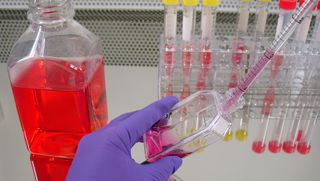Virus
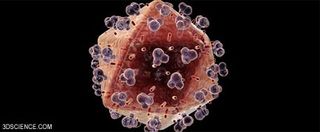
A virus is defined as any of a various number of submicroscopic parasites that can infect any animal, plant or bacteria and often lead to very serious or even deadly diseases. A virus consists of a core of RNA or DNA, generally surrounded by a protein, lipid or glycoprotein coat, or some combination of the three. No virus can replicate without the help of a host cell, and though they can be spread, viruses lack the ability of self-reproduction and are not always considered to be living organisms in the regular sense.Some of the most common or best known viruses include the human immunodeficiency virus (HIV), which is the virus that causes AIDS, the herpes simplex virus, which causes cold sores, smallpox, multiple sclerosis, and the human papilloma virus, now believed to be a leading cause of cervical cancer in adult women. The common human cold is also caused by a virus.Since a great deal of mystery still surrounds the origins of most modern viruses, ways to cure these viruses and the diseases they cause are still in the very early stages of development.
Explore Viruses, Infections & Disease
Latest about Viruses, Infections & Disease

H5N1: What to know about the bird flu cases in cows, goats and people
By Nicoletta Lanese last updated
Bird flu in cows and goats has raised alarm in the U.S. To date, four people are thought to have caught the virus from cattle, but the risk to the general public is low.
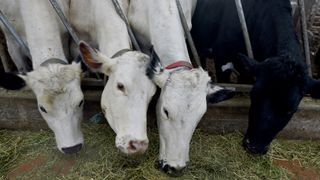
4th person catches bird flu from cows, this time in Colorado
By Nicoletta Lanese published
A fourth person in the U.S. has caught bird flu after working with infected cows on a farm.

H5N1 bird flu can remain infectious in raw milk for at least an hour, study finds
By Kristel Tjandra published
Scientists found that contaminated milking equipment can harbor the H5N1 virus for more than an hour, increasing the risk of dairy farmers getting infected.
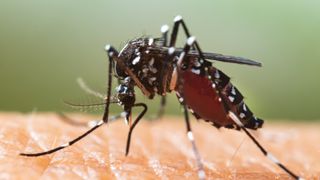
Americans face a higher risk of dengue this year, CDC warns
By Emily Cooke published
The CDC has issued a new health alert as global cases of dengue fever soar.
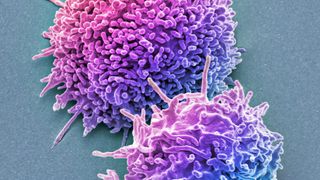
New blood test detects ovarian cancer years before conventional methods
By Emily Cooke published
Patients with early-stage ovarian cancer may have detectable changes in the immune cells in their blood.
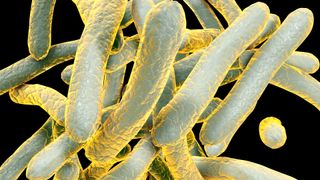
Tuberculosis triggered giant, crusty wart to sprout on man's hand
By Emily Cooke published
Around 20% of cases of tuberculosis affect organs other than the lungs, and some can cause warty plaques on the skin.

What happens to cancer cells when they die?
By Sarah Moore last updated
Cancer treatments aim to kill tumor cells, and the immune system is tasked with getting rid of the resulting cellular corpses.

1st-known human case of H5N2 bird flu remains under investigation
By Nicoletta Lanese last updated
A man in Mexico died after catching the world's first laboratory-confirmed case of H5N2 bird flu in humans. However, authorities think he likely died of existing conditions, rather than the infection itself.
Sign up for the Live Science daily newsletter now
Get the world’s most fascinating discoveries delivered straight to your inbox.

